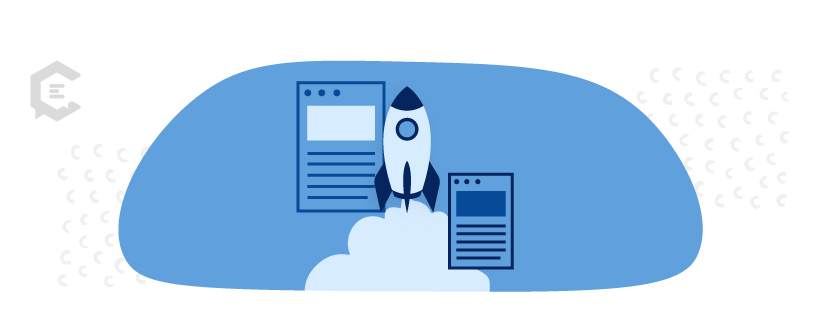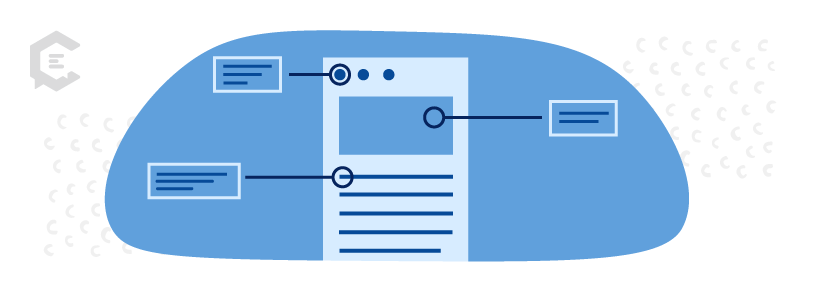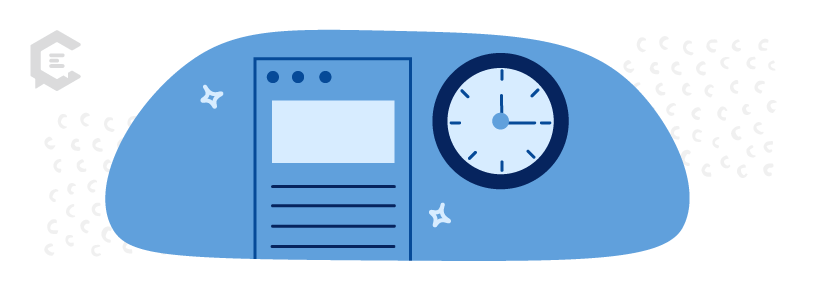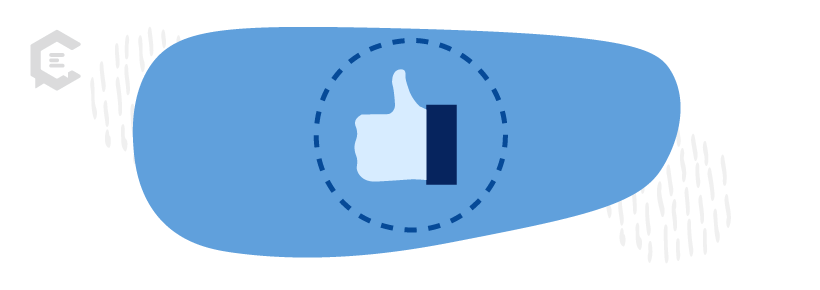So, you’re about to start a blog. Great! Being a blogger is an excellent way to build an online platform, establish yourself as an expert, and grow your brand.
But are you fully prepared to launch a blog that gets a lot of traffic?
Before you start, you need to know a few things, like:
- How many posts to have before launching.
- How many posts to produce every week.
- How to structure your content to rank well on Google.
You’ll also need to think about your audience’s search intent and come up with titles, headings, and copy that reflect their conversational search queries. And if you want to monetize your blog, your posts should be centered around blog ideas that make money.
If that sounds like a lot, keep reading. This article takes a closer look at all of these questions (and more). By the end, you’ll be ready to craft a well-oiled blog machine.
The Top Blog Questions to Ask
Start with these questions to help get your blog off the ground.
How many articles should I have before launching?
You should have somewhere between 10 to 15 posts ready before launching your blog in order to bring in meaningful traffic.
Of course, that’s just to start your blog. To build a decent following and sustain good traffic, you need to keep adding new blog content regularly. Hubspot’s benchmarking shows that blogs that publish 16+ times per month receive 3.5x more traffic than those that publish weekly or less often. The same report stats that companies that publish 16+ blog posts per month generate 4.5x more leads than companies that publish between 0-4 monthly posts.
Still, the quantity of your blog posts is only half the picture. Producing quality content that answers your target customers’ questions will help you rank higher in search engine algorithms.
If you put in the time and effort to provide your audience with high-value blog posts, readers (and Google’s algorithm) will recognize you as an important online resource. That can help reduce the time it usually takes (often three to six months) for most bloggers to see significant traffic.
How should my posts be structured?
Good blog architecture involves putting links into your best content for higher visibility. This increases traffic to your most popular, high-value blog posts and improves the search engine optimization (SEO) for your blog (and website) overall.
But you also need to take several ranking factors into account if you want your blog to appear on that coveted first page of search engine results. Consider the following questions:
How should search intent influence my blog topics?
Search intent describes the reason a user searches for something online. Based on what they’re looking for, your audience may be seeking content that’s:
- Navigational – to help find another web page or site
- Informational – to help learn more about a topic
- Commercial – to help purchase a product or service
Search intent also influences the type of keywords your audience types into a search engine.
For instance, if your blog provides informational content on digital marketing, your target audience will probably use long-tail queries like “small business email marketing campaign.” This may lead you to create high-value posts like “10 Ways an Email Marketing Campaign Helps Your Small Business Grow” that you know your audience wants to engage with.
Conversely, if you have a commercial content blog full of affiliate links, you’ll want to study the search intent of users who want to buy products and services. This may lead you to come up with blog post topics like “Buying the Best Software for Your Small Business” and other similar blog ideas that drive revenue.
What’s the ideal blog post length for SEO?
You may have heard that long blog posts (1ooo words or more) rank more easily than short posts. A recent research study showed that the top 10 results for most Google searches are between 2,000 and 2,500.
Search engine algorithms do tend to rank longer posts higher in search results because they provide more information and in-depth explanations on their topic. However, this is only true if your posts provide meaningful content and helpful advice.
Take the time to showcase your expertise by providing your readers with easy-to-understand definitions of key topics, useful examples, actionable tips, and lists to increase engagement.
What should be your first blog post?
If you already have 10 to 15 posts ready before launching your blog, your first blog post should be supported by your other online content if possible.
Nevertheless, many bloggers find it useful to create an introductory post for their readers, where you introduce yourself to your audience and establish your credentials. You’ll also want to share your blogging goals and establish what type of content you’ll be offering. That’ll help connect you with your ideal readers.
It’s also good to communicate how your readers can interact with you—whether it’s by leaving comments, sending emails, or pitching guest posts. A well-written introductory post can serve as a useful guide for new subscribers, so it’s a good idea to create a direct link to it on your blog as you add additional content.
When to Update Your Blog
Coming up with a dozen excellent posts might get your blog off to a great start, but you’ll need to update your blog on a regular basis if you want to grow your audience. How do you build out that consistent content? Let’s talk about it.
How many articles should I post every week?
High post frequency helps you rank higher for SEO and generate new leads for your business. At a bare minimum, you should post at least one new high-quality blog every week.
However, posting more frequently can offer more benefits. If you have a large site with a good following and access to a team of content creators, you should aim for posting at least twice a week (maybe more).
A good max target to shoot for is posting a new blog article every day. But if you’re already running a high-tier site and want to expand, posting multiple articles a day can grow your traffic even more.
Ultimately, only you can decide what works best for yourself and your company. When in doubt, posting new content once or twice a week is usually a good place for new websites to start.
Should I curate or repurpose content?
Content curation is when you search, select, and comment on outside blog posts, eBooks, podcasts, and other content related to your audience’s interests. This is a great way to add value to your blog by sharing links to online resources along with your thoughts on each piece. It’s also a little easier and saves time as opposed to writing a new blog article every time.
You can also repurpose existing content if you have it. For example, if you have a YouTube channel that covers topics similar to your blog, you can adapt the information from your videos into new blog posts. Since you won’t have to create each post from scratch, producing them should be a little faster.
On the flip side, you can turn your most popular blog posts into infographics, online videos, or social media posts. This gets your content out in front of entirely new audiences, expanding your reach and giving you a new source of traffic.
Should you encourage guest posting?
Guest posting is when you create content for another website or industry blog. While some guest bloggers get paid for creating new articles, many simply contribute articles to get links back to their blogs, increasing their own domain authority (which increases traffic over time).
By inviting guest bloggers to create quality posts for your blog, you’ll generate high-value content more rapidly. You’ll also develop good relationships with other bloggers, which is helpful when they start promoting their posts (and therefore, your blog) on their social media channels.
You can also guest post on other popular blogs and include backlinks in your articles that link back to your blog and website. This helps improve your blog traffic and works toward establishing yourself as a credible expert in your field.
Need Help Getting Your Blog Started?
If all of this sounds overwhelming, don’t worry! There are a lot of support options out there. If it’s within your budget, it could be a good idea to partner with a content agency so you can outsource your blog posts.
Whether you need one blog post or one thousand, ClearVoice has your back. We’ve got proven blog writers who can help you produce consistent, high-quality blog posts that drive traffic and build your following.
Connect with us to see how to get started.








